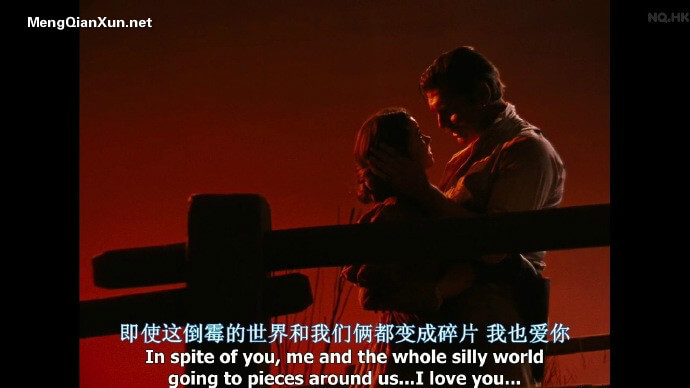菩萨蛮
书江西造口壁
[宋]辛弃疾
郁孤台[1]下清江水,
中间多少行人[2]泪。
西北望长安[3],
可怜无数山。
青山遮不住,
毕竟东流去。
江晚正愁余[4],
山深闻鹧鸪[5]。
[1]郁孤台:《赣州府志》记载:“郁孤台,一名贺兰山,隆阜郁然孤山峙,故名。唐李勉为刺史,登台北望,慨然曰:‘予虽不及子牟,心在魏阙一也,郁孤岂令乎?’乃易匾为‘望阙’。”
[2]行人:指逃难的人。
[3]长安:代指京城汴梁,李白《登金陵凤凰台》有“总为浮云能蔽日,长安不见使人愁”之句。
[4]余:我。
[5]鹧鸪:鸟名,其声音像“行不得也哥哥”。听这种声音容易触动羁旅之愁。
Tune: Buddhist Dancers
Written on the Wall at Zaokou, Jiangxi
Xin Qiji
Below the Gloomy Terrace flow two rivers clear,
The tears of refugees were shed when they were here!
I gaze afar on land long lost in the northwest,
Alas! I see but hill on hill and crest on crest.
But blue hills can’t stop water flowing,
Eastward the river keeps on going.
At dusk the river grieves me still,
The partridges call in the hill.
In 1129, the Jurchen invaders drove southward as far as Zaokou, Jiangxi, and massacred many refugees near the Gloomy Terrace in Ganzhou where united Rivers Zhang and Gong. In 1176, the poet passing by Zaokou was grieved at the sight of the tearful river and at the call of the partridge which seemed to say in Chinese:“Why not go home?”
未经允许不得转载:帕布莉卡 » 辛弃疾《菩萨蛮 书江西造口壁》 -经典诗词英译-中英双语赏析
 帕布莉卡
帕布莉卡


 爱是一颗心遇到另一颗心(出处+配图)
爱是一颗心遇到另一颗心(出处+配图)  《乱世佳人》电影专题
《乱世佳人》电影专题

